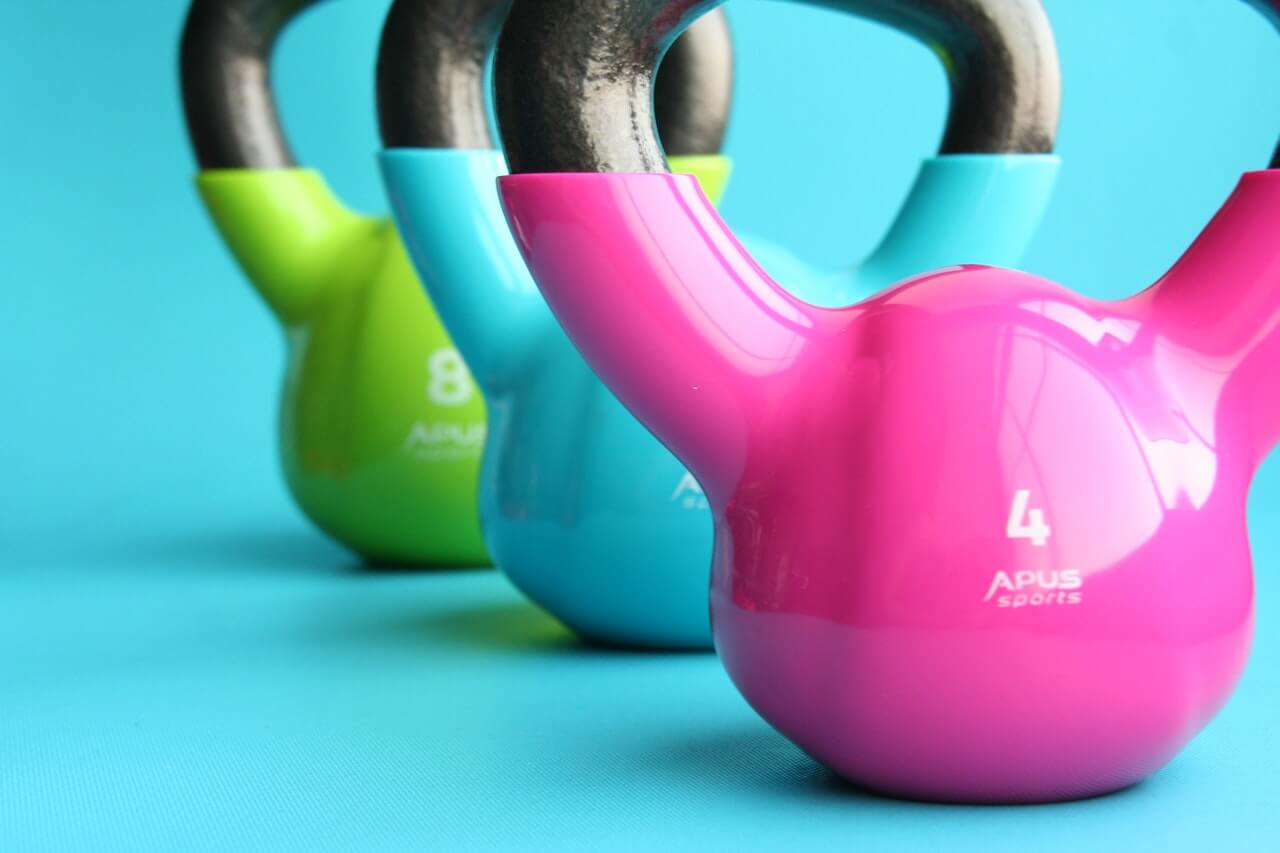Millions of Americans are living with diabetes or prediabetes and many don’t know they have it. About 95% of diabetics have Type 2, where their bodies can’t use the insulin they produce effectively. The remaining 5% of Americans with diabetes have Type 1, which is an autoimmune disease where the pancreas stops producing insulin. In both types of diabetes, there are some serious complications that can happen over time when blood sugars are consistently elevated. The good news is that we have some ways to fight against these complications and one of those ways is EXERCISE.
Increase insulin sensitivity – Insulin is the hormone that lowers blood glucose levels by allowing glucose to enter the cells. Physical activity improves insulin sensitivity, meaning that after exercise, less insulin is required to process carbohydrates. Glycogen, a form of glucose stored in the muscles is burned during exercise. Then insulin sensitivity is increased when muscles are replenished by glucose from the bloodstream (1). Research shows that insulin sensitivity is improved from a few hours up to 72 hours after physical activity, depending on the intensity and duration of the exercise (2).
Improve nerve problems – Nerve damage caused by uncontrolled diabetes is called diabetic neuropathy. Neuropathy includes symptoms of pain, tingling, and numbness, usually in the hands and feet. Inflammation-promoting substances in nerve cells seem to be the cause of this pain (3). Research has shown exercise to be effective to reduce inflammation and improve neuropathic nerve pain (3). Although it can’t be fully treated, exercise can lessen symptoms and prevent onset (4).
Lower blood pressure and cholesterol – Diabetes increases chances of developing serious health conditions like high blood pressure, high cholesterol, and heart disease. Exercise is one of the best ways to reverse and decrease risk of these conditions. Doing regular physical activity makes the heart stronger. A stronger heart can pump more blood with less effort, which then lowers blood pressure (5). Studies have shown moderate exercise to reduce the “bad” cholesterol, LDL (low-density lipoprotein) and increase the “good” cholesterol, HDL (high-density lipoprotein) (6).
Reduce stress – Stress can be mental or physical and very much impacts blood sugar. High levels of the stress hormones adrenaline and cortisol can cause blood sugar to go up and stay elevated for a prolonged period (7). When under stress, it can also be difficult to have good self-care. Exercise releases endorphins, which are hormones that can improve mood and help diabetics feel better both emotionally and physically (8).
Keep these things in mind before you get started
- If you are starting a new exercise program, check with your doctor first. It is common to need adjustments to medications when activity levels change.
- All types of exercise are beneficial. In fact, walking just 20-30 minutes 4-5 times per week can make a big difference in managing blood sugars.
- Beware of hypoglycemia. You have a higher risk of low blood sugar when exercising. Generally speaking, eat a snack containing slow-absorbing carbs and protein before and after an exercise session. Keep fast-acting carbs on hand in the event of a low, such as juice or glucose tabs.
- Check blood sugar before and after.
Sources:
- Colberg S. Increasing Insulin Sensitivity. Diabetes Self-Management. https://www.diabetesselfmanagement.com/managing-diabetes/treatment-approaches/increasing-insulin-sensitivity/. Accessed October 26, 2018.
- Way K, Hackett D, Baker M, Johnson N. The Effect of Regular Exercise on Insulin Sensitivity in Type 2 Diabetes Mellitus: A Systematic Review and Meta-Analysis. Diabetes & Metabolism Journal. https://www.ncbi.nlm.nih.gov/pmc/articles/PMC4995180/. Accessed October 26, 2018.
- International Anesthesia Research Society (IARS). How Doe Exercise Affect Nerve Pain? Science Daily. https://www.sciencedaily.com/releases/2012/06/120601120513.htm. Accessed October 26, 2018.
- Dobson J, McMillan J, Li L. Benefits of exercise intervention in reducing neuropathic pain. Frontiers in Cellular Neuroscience. https://www.ncbi.nlm.nih.gov/pmc/articles/PMC3983517/. Accessed October 26, 2018.
- Mayo Clinic Staff. Exercise: A drug-free approach to lowering high blood pressure. Mayo Clinic. https://www.mayoclinic.org/diseases-conditions/high-blood-pressure/in-depth/high-blood-pressure/art-20045206. Accessed October 28, 2018.
- Moll J. Exercise and Lowering Cholesterol. Very Well Health. https://www.verywellhealth.com/how-does-exercise-lower-cholesterol-697888. Accessed October 28, 2018.
- Hensel M. How Stress Hormones Raise Blood Sugar. Insulin in Nation. https://insulinnation.com/treatment/how-stress-hormones-raise-blood-sugar/. Accessed October 28, 2018.
- Orenstein B. How Exercise Can Improve Your Diabetes. Everyday Health. https://www.everydayhealth.com/hs/type-2-diabetes/how-exercise-can-improve-diabetes/. Accessed October 28, 2018.

